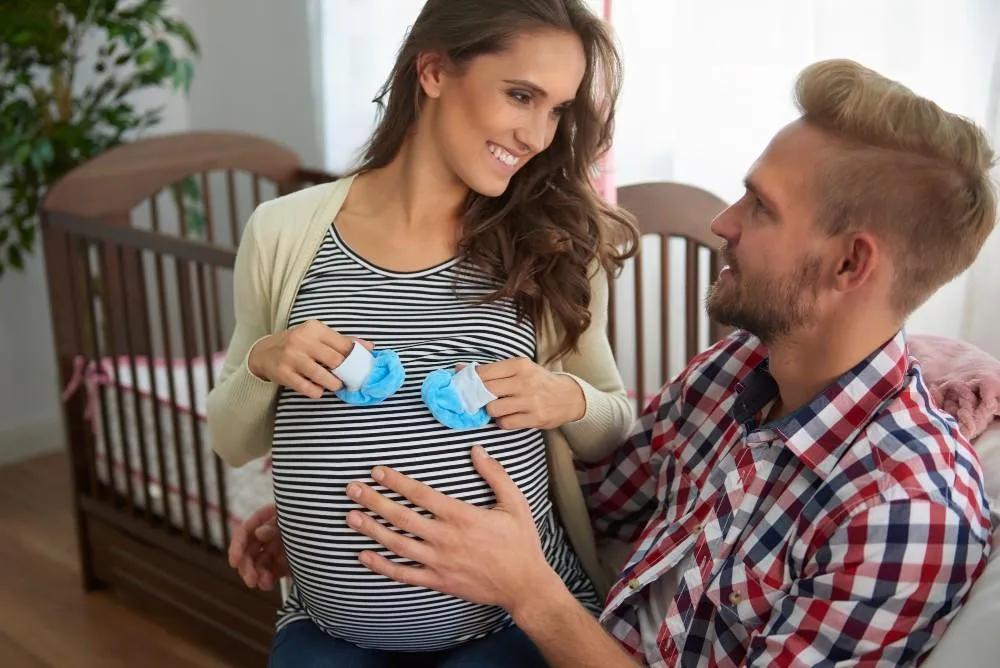Health Issues & Warnings Women in Their 30s Should Not Ignore
While 30 is still considered young in the grand scheme of things, many people entering this decade don't feel that way. It's not just about the occasional grey hair or the lack of stamina to party all night. If anything, it's more about the fact of life that many serious health issues start to creep up after the big three zero. So, ladies, before you get blindsided by a sudden pain or discomfort, learn which health issues might be around the corner and the warnings you shouldn't ignore.Weight gain
At this stage of your life, it's common to experience weight gain. You can attribute it to multiple potential causes, including a slower metabolism or a busier lifestyle. So women in their 30s are usually encouraged to maintain an active lifestyle. Try to include walking, running, biking or yoga into your weekly activities. And consider sticking to a healthy diet low on carbohydrates, sugar, salt and saturated fats. In some cases, however, metabolism isn't to blame for pounds that seem impossible to stave off. There could be serious health issues behind your difficulty in losing weight. Women with polycystic ovary syndrome (PCOS) experience hormonal imbalances & weight gain. Diabetes is also a possibility, as insulin resistance can make it hard to lose weight if you don't have a proper & sustainable switch to a healthier lifestyle.Difficulty getting pregnant
For most women, their 30s are a great time to grow a family. After all, they're more financially & emotionally ready to have a child in this phase than in their 20s. The problem, however, is that fertility typically starts to decline in your mid-30s. It can be attributed to lower quality & quantity of eggs, less frequent ovulation and increased risk of chronic health issues as you age. But, sometimes, your age isn't the root cause of infertility. A hormonal imbalance, undiagnosed problems with thyroid glands or a tumour or cyst in the reproductive system can impact your infertility. It's best to consult with an OB-GYN doctor to learn whether an underlying condition impairs your ability to get pregnant.Hair loss
It's typical for women to lose between 50 to 100 hairs a day, according to the American Academy of Dermatology (AAD). But excessive hair shedding or hair loss due to the inability of follicles to grow are serious red flags you shouldn't ignore. It can indicate that your body lacks important nutrients, like iron & Vitamin D. In particular, vitamin D deficiency is often linked to heart disease, diabetes, breast & colorectal cancers and other serious health issues that may creep up as you age. Vitamin D is also essential for absorbing calcium and maintaining bone strength. So keep an eye out for excess hair in the shower. You might need to go to your primary doctor and see whether you lack Vitamin D and need a care plan to address it.Unexplained vaginal bleeding
As you age, it's normal to experience an irregular cycle or heavy period from time to time. Stress could be the culprit, and your body can eventually regulate itself. In your early 40s, you may begin to experience heavy periods regularly due to increased estrogen & decreased progesterone. But if that happens in your 30s, it could be a warning sign of a more serious health issue. Unexplained heavy vaginal bleeding can indicate serious changes in the system like polyps, tumours or cancer. The same can be said if you're spotting between periods (unless it turns out that you're pregnant) or bleeding after sexual intercourse.Focus on Preventive Care
Your 30s could be your prime. You now have a better handle on your finances; you're probably starting to save up for the future and grow your super with SMSF investments. Perhaps, you're also in a better relationship, career and mental state. But your 30s are also a crucial time to start getting serious about your health. Focus on preventive care, as it will help you catch the disease early and get you a better chance of fighting it. Talk to your doctor about getting several health tests, including a pap smear and screenings for diabetes, blood pressure & breast cancer. Also, it's the best time to make a healthy lifestyle change. Build a habit of working out at least three times a week, no matter how busy you are. And start making healthier choices when it comes to food. Eating food from convenience stores or going to a fast food drive-thru every meal no longer cuts it. With better control over your physical wellness, you can ensure a healthy and productive 30s.
Reviewed by







